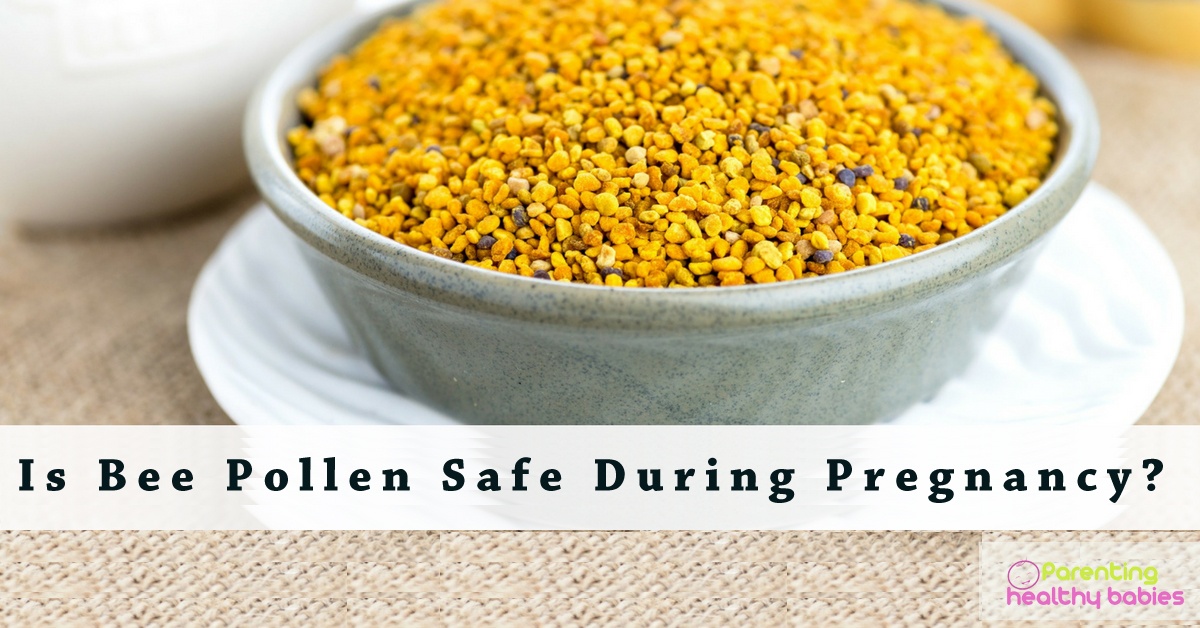Now that you’re pregnant, you’re going to experience a slew of changes in your skin and hair. It’s not uncommon for women to have a sudden blush or glow on their faces or almost reddish streaks on their stomachs. However, not all pregnant women experience all such skin changes. However, here are a list of commonly experienced skin changes during pregnancy:
Skin Changing During Pregnancy
1. Stretch marks
As your pregnancy advances to the sixth month, you might notice stretch marks around your tummy, breasts and thighs as your baby grows bigger and you put on more weight. Due to your pregnancy, your skin stretches more than usual and faster too. At this time, you have much more hormones which disrupt your skin’s natural protein balance, thinning it down.
What you can do
You can’t prevent stretch marks from appearing, but you can minimize them by not putting on too much weight too fast. To fade them, apply Vitamin E-based lotions and creams and watch them become brown or silvery white lines.
2. Mask of pregnancy
During pregnancy, the body produces a surge of hormones that lead to excessive pigmentation. Almost half of all the pregnant women experience signs of the “mask of pregnancy.” This mask of pregnancy refers to melasma or chlosma. It is identified as dark blotchy spots on the forehead and cheeks, due to an increase in pigmentation and overexposure to the sun.
If you have light brown complexion and live in hot temperatures, you will develop these patches. However, they will fade a few months after childbirth or they may last for some years.
What you can do
To prevent experiencing the mask of pregnancy, use a good sunscreen with SPF 15 or more when you are in the outdoors. Continue to use sunscreen even after pregnancy as sun exposure may lead to a reappearance of these patches. Wear a ball cap to shield your face from the sun’s glare.
3. Skin and hair changes
During pregnancy, it’s normal for women to experience hormonalchanges such as darkening of the nipples and its surrounding areas. Your complexion may also darken in patches. If you have a birthmark or freckles and moles, they too will darken. Women can also develop a dark line in the middle of their stomachs, called the linea nigra. However, these changes fade after the baby’s birth, though the nipples continue to be darker.
What you can do
During pregnancy, do not sunbathe or your skin might tan very easily. Use a high SPF level sunscreen and keep away from the direct glare of the sun for protracted periods. Any hair that grows during pregnancy may turn greasy. After childbirth, you will lose a lot of hair but this is a fallacy as you will only lose any extra hair.
4. Pregnancy glow
During your pregnancy, your body produces more blood to the extent of 50%, causing increased blood circulation all over the body. This increased blood circulation makes the face look brighter. With the overproduction of hormones, your oil glands also work overtime, giving your face a shiny glow. Both these things cause the well-known “pregnancy glow”.
What you can do
Use an oil-free cleanser to clean your face.
5. Acne breakouts and pimples
If you have acne-prone skin, this might be further irritated during pregnancy. The overproduction of hormones cause your oil glands to pump put more oil, causing acne breakouts.
What you can do
Devise a cleansing routine and stick to it. Start by using a good face soap that’s fragrance-free so that you don’t experience nausea. Cleanse your face morning and night, each day as this will dry your oily skin. Also, use an astringent to remove all extra oil. Keep away from medicated astringents for acne as they aren’t always good for pregnant women. Lastly, use an oil-free moisturizer. If you have acne-related problems, speak to your health care provider about this.
6. Varicose veins
These are identified as thick bluish veins that appear on the legs during pregnancy. They show up because the body makes up for the extra blood flow that leads to the baby.
What you can do
Keep your feet raised when sitting and when you stand, have one foot on one stool. Exercise to prevent varicose veins or walk as much as you can.
Conclusion
These skin changes during pregnancy shouldn’t make you nervous. They are common and natural, so go with the flow.












